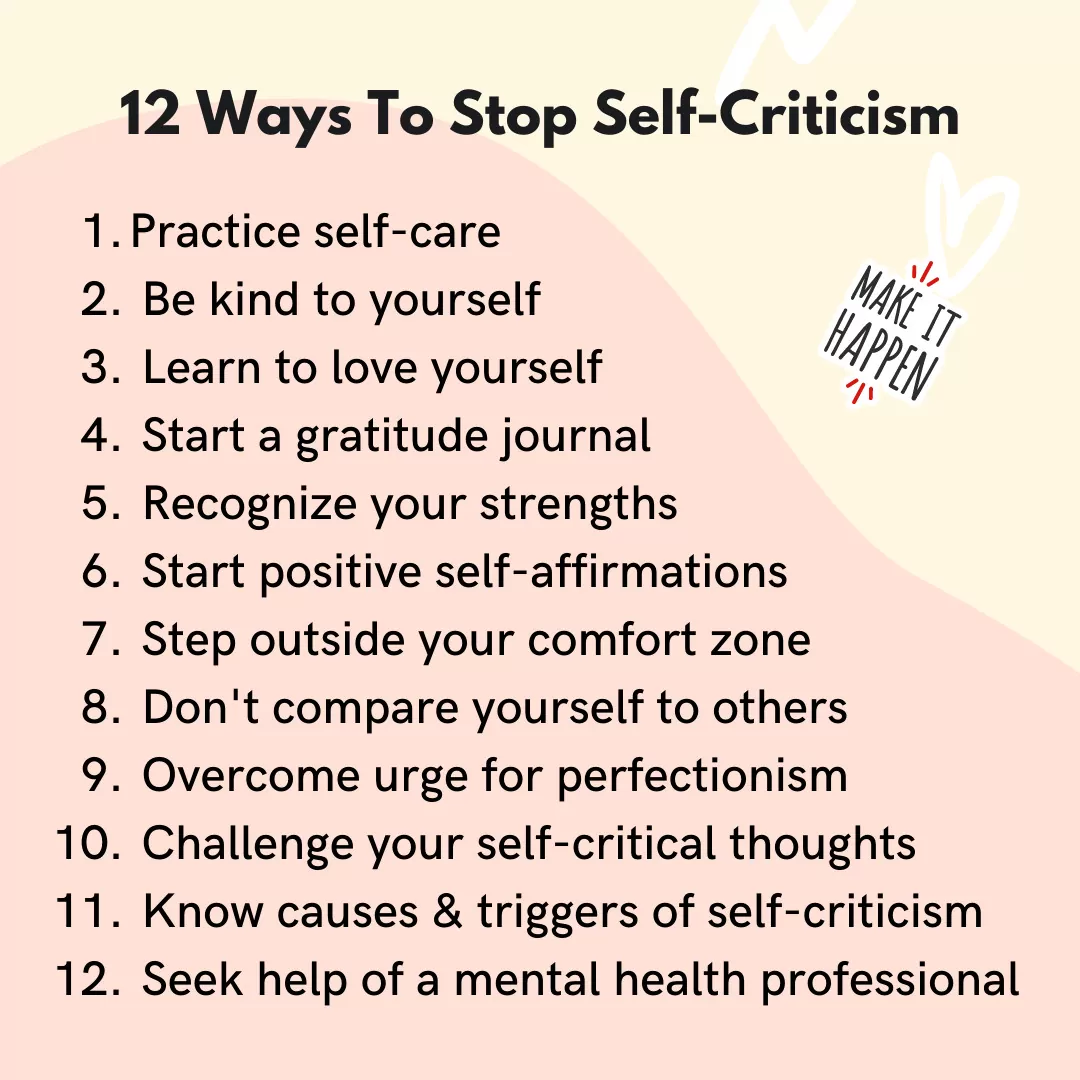Self Criticism: When the inner voice turns toxic
There are times when your inner voice is proud of you, yet most days the inner self, with a magnifying glass, analyses all your actions and nit-picks on all the things you did not do correctly.
Since the observant conscience knows everything, it is unfiltered rude and savage caving you in a cycle of over-thinking your flaws and mistakes and thus entering the spiral of self-criticism.
 When self-criticism takes over, it doesn’t make you feel good. In fact, it kills curiosity, passion, and makes it hard to sustain effort. When the self-critic becomes too hindering and debilitating to self-growth, its better to silence it and take a step towards being more focused and effective.
When self-criticism takes over, it doesn’t make you feel good. In fact, it kills curiosity, passion, and makes it hard to sustain effort. When the self-critic becomes too hindering and debilitating to self-growth, its better to silence it and take a step towards being more focused and effective.
Understanding Self-Criticism:
Self-criticism involves directing judgment, opinion, and assessment towards oneself. Arising out of strict parents, demanding teachers, or societal pressures, self-criticism can deeply influence mental health.
It’s one thing to be self-aware and acknowledge the mistakes to help future situations but, when the inner appraiser becomes too meticulous, it imbibes feelings of worthlessness, self-doubt and futility.
It’s crucial not to define yourself by this inner dialogue. Seeking external support, like coaching, can aid in fostering a kinder inner voice.
Identifying Toxic Self-Criticism:
Self-awareness is key to recognizing toxic self-criticism. Reflect on how you feel during challenges. Struggling with assembling furniture or doubting exam preparedness highlight the detrimental effects of self-criticism on decision-making and confidence.
Impact on Mental Health:
Self-criticism not only affects personal well-being but also strains relationships, fuels eating disorders, induces guilt, and impedes progress. While constructive criticism is beneficial, self-criticism breeds self-doubt, hindering growth.
When we exceedingly start to overthink of our minute actions and it extends beyond self-control, we become slaves to our overwhelming emotions and leaves us feeling negative and bad about our flaws.
Strategies to Overcome Self-Criticism:
- Stop Negative Thoughts: Interrupt self-defeating thoughts by actively saying “stop” and focusing on positive aspects.
- Be Realistic: Replace negative thoughts with realistic, achievable goals, and avoid perfectionism.
- Avoid Comparisons: Refrain from comparing yourself to others, know your unique qualities and practicing self-acceptance instead.
- Journaling: Write down critical thoughts and challenge their validity. Overtime, review the progress of your emotional landscape.
- Seek Support: Utilize resources like coaching or therapy to develop self-compassion and resilience.
 Towards A Better Mental Health
Towards A Better Mental Health
Overcoming self-criticism is essential for personal growth and well-being. By understanding its origins, identifying toxic patterns, and implementing strategies like thought interruption and realistic goal-setting, individuals can cultivate self-compassion and resilience.
Remember, silencing the inner critic is not a sign of weakness but a powerful step towards self-improvement and fulfillment.












Comments 1